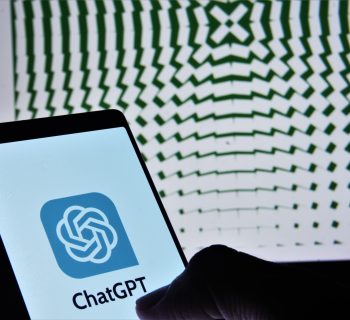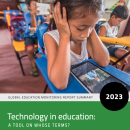
I've written before about the growing numbers of newsletters about AI in general and about AI in education. A new one for me is Dr Phil's Newsletter by Dr Philippa Hardman who has, she says, spent the last 20+ years researching & experimenting with methods to help connect what we know about how humans learn (learning science) with how we design learning experiences (learning / instructional design).
In this weeks edition is entitled 'Synthetic Video and AI professors' and asks "Are we witnessing the emergence of a new post-AI model of async online learning?"
She says that async online learning has consistently failed to deliver on its promise to make high quality, high impact education available at scale. In part that is due lack of relevance as online async courses tend to offer a “one size fits all” learning experience and in part lack of presence particulrly teacher presence.
She goes on to say that so far, research has found that:
- AI tutors can facilitate both improved communication and an increased send of support among learners. For example, by providing just-in-time, personalised interactions AI tutors have have been positively acknowledged for enhancing the quality of learner-instructor relationships
- AI-driven platforms can also enhance the feedback and grading processes, making asynchronous discussions more impactful and less time-consuming for educators. For instance, AI has been shown to positively affect the workflow of both grading and feedback, impacting educators' perceptions positively and enhancing their ability to provide a high quantity of quality feedback.
Hardman says:"While developing fully autonomous and responsive learning pathways is still on the horizon, more and more online learning providers are using the power of generative AI to increase the relevance and value of learning content." And returning to the title of her newsletter Harman points to the increasing use of synthetic video AI tools to develop AI online tutors, "built to provide coaching and feedback how and when learners need it."
But the question remains remains as to "how will the absence of “real” humans impact the process of teaching and learning?"








